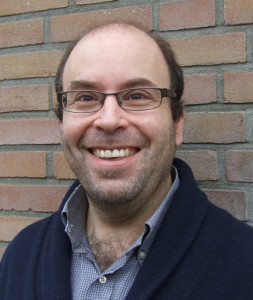 Cognitive scientists once shared a vision of mind as a kind of logic engine carrying out rule-based operations on symbolic representations. Today this view is rapidly being replaced by an alternative vision of brain, body and world as dynamically interacting equal partners sharing the load in our day-to-day problem-solving behaviour.
Cognitive scientists once shared a vision of mind as a kind of logic engine carrying out rule-based operations on symbolic representations. Today this view is rapidly being replaced by an alternative vision of brain, body and world as dynamically interacting equal partners sharing the load in our day-to-day problem-solving behaviour.
Philosophers of mind influenced by the writings of continental phenomenologists once attacked cognitive scientists for neglecting the body, and ignoring the context in which our actions ordinarily take place. The cognitive science of today no longer looks vulnerable to these criticisms. It is providing a picture of how the mind works that fits remarkably well with the descriptions of human existence to be found in phenomenology.
I pursue this confluence of ideas in my own research as Assistant Professor of Neurophilosophy at the University of Amsterdam, developing phenomenologically informed answers to a number of questions in cognitive science, including time perception, conceptual thinking, empathy, free will, consciousness and the self.
If you would like to discuss any aspect of my work, please feel free to contact me.